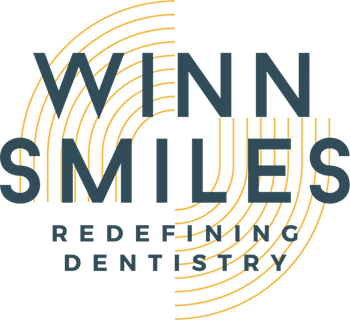By now you probably discovered that life isn’t fair, and cavities in your teeth are no exception. Not to sound ominous or pessimistic, but how many times have you seen your friend or relative who doesn’t take particularly good care of their teeth, but still get fewer cavities – if any – compared to you. And you’re even a meticulous brusher and flosser! The question you ask yourself in these situations is “Why do I get cavities so easily?”
Additionally, you may start to wonder if you’re doing something wrong or if there are any defects with your oral hygiene regimen. Well, we’re here to ease your mind … at least, a little bit.
What Causes Cavities?
Cavities are caused by a trifecta, these are bacteria, your teeth, and the food you consume. When you eat, food remnants get deposited on the surface of the teeth. Then, the bacteria already inside your mouth feed on these remnants producing acids. These acids dissolve the enamel and the cavity process starts.
Why Do I Get Cavities So Easily?
If you think about it, eliminating any one of the 3 elements of decay would stop you from having cavities. In your mind, you already are. While you can do nothing about the bacteria, you take good care of your teeth by brushing and flossing, thus eliminating the food remnants. However, some things also have an effect and have nothing to do with brushing and flossing such as:
1. The Anatomy of the Teeth
Our teeth have deep furrows in them known as pits and fissures. Some people have genetically very deep pits and fissures, which are impossible to clean even if you are meticulous. Those people would more often than not develop cavities.
2. Gum Disease
Gum disease starts with some bleeding of the gums. However, it can advance to bone loss and gaps between the teeth. These spaces trap food and are difficult to clean.
3. Dry Mouth
Saliva is the first line of defense against decay. Its washing action clears away the food remnants even before brushing. If the volume of saliva is reduced, you’ll be at more risk of decay and cavities.
4. Poor Diet
If you consume a lot of sugars – especially sticky ones – you are at a high risk for decay. Even if you are the most careful brusher and flosser. Sugar sticks to the teeth allowing the bacteria to feed for longer, thus continuing the decay process. That’s why our number one advice is modifying your diet.
So there you have it. We understand that it may be frustrating, but that’s the way life is. All you can do is keep on brushing and flossing with vigor. And, pay us a visit every few months for a check-up. We’re here to help.
Do you need to schedule your next dental appointment? Click here to view our locations and schedule your appointment!

